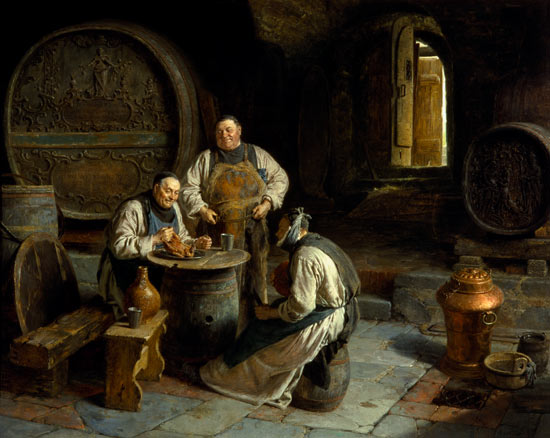scdigger
Active Member
- Joined
- Mar 5, 2013
- Messages
- 35
- Reaction score
- 2
Topic for discussion...I mean, do we unnecessarily obsess over the minutia of beer making...temps, times, numbers, etc...
I've not been brewing beer that long, so, I'm no expert by any means...I'm quite mindful of sanitation, but other than that, I find beer making to be quite easy...I guess I just don't sweat the small stuff.
I follow directions when I brew. Put it away. After a couple of weeks, bottle it. Put it away. After a couple of weeks, put it in the refrigerator. Drink it. Make some more.
So far....I haven't had a problem with a batch yet. I just don't see that if OG is supposed to be 1.060 and it comes out as 1.055 to be that big of deal. If I get 47 bottles instead of 50 out of a batch...nothing to worry about.
Any discussion?
Greg
I've not been brewing beer that long, so, I'm no expert by any means...I'm quite mindful of sanitation, but other than that, I find beer making to be quite easy...I guess I just don't sweat the small stuff.
I follow directions when I brew. Put it away. After a couple of weeks, bottle it. Put it away. After a couple of weeks, put it in the refrigerator. Drink it. Make some more.
So far....I haven't had a problem with a batch yet. I just don't see that if OG is supposed to be 1.060 and it comes out as 1.055 to be that big of deal. If I get 47 bottles instead of 50 out of a batch...nothing to worry about.
Any discussion?
Greg



















![Craft A Brew - Safale S-04 Dry Yeast - Fermentis - English Ale Dry Yeast - For English and American Ales and Hard Apple Ciders - Ingredients for Home Brewing - Beer Making Supplies - [1 Pack]](https://m.media-amazon.com/images/I/41fVGNh6JfL._SL500_.jpg)











































